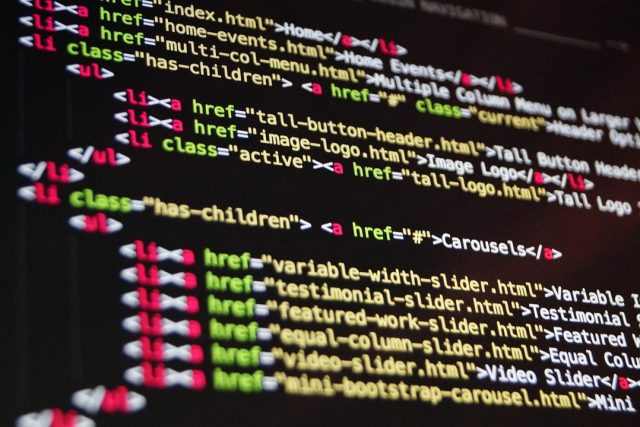The upper house of the Indian Parliament, the Rajya Sabha, passed the Digital Personal Data Protection Bill, 2023 Wednesday amidst significant protest from the opposition.Earlier versions of the bill were considered in 2019 and 2022, but both were eventually withdrawn. The current version of the bill was introduced on August 5th, despite concerns from members of opposition parties.The Editor’s Guild of India raised several concerns about the Bill in a statement released where they highlighted that it could be used to widen the government’s existing powers of censorship as Clause 37(1)(b) will allow the government to “censor content on vague and unspecified grounds ‘in the interest of the general public.’” Additionally, increased concerns around state surveillance have been raised because of the exceptions under section 17(2)(a) of the bill which would allow the government to issue a notification exempting any “instrumentality of the State” from the provisions of this Bill, and Section 17(4) which allows the government and its instrumentalities to retain personal data for an unlimited period of time.The Internet Freedom Foundation, in its analysis of the bill, has pointed out that the bill fails to set up any meaningful safeguards against overbroad surveillance, which further weakens the privacy rights of Indian citizens. The Government continues to maintain that bill will revolutionize data protection and put an end to the misuse and exploitation of the personal data of Indian citizens.




The Most Read
Сryptocurrencies
Bitcoin and Altcoins Trading Near Make-or-Break Levels
Financial crimes
Thieves targeted crypto execs and threatened their families in wide-ranging scheme
Financial crimes
Visa Warning: Hackers Ramp Up Card Stealing Attacks At Gas Stations
News
Capitalism is having an identity crisis – but it is still the best system
Uncategorized
The 73-year-old Vietnamese refugee is responsible for bringing Sriracha to American consumers
Uncategorized
Electric Truckmaker Rivian, Backed By Amazon, Ford, Raises Whopping $1.3 Billion